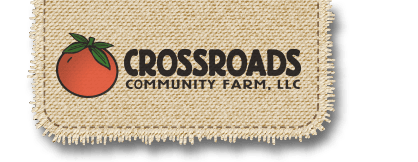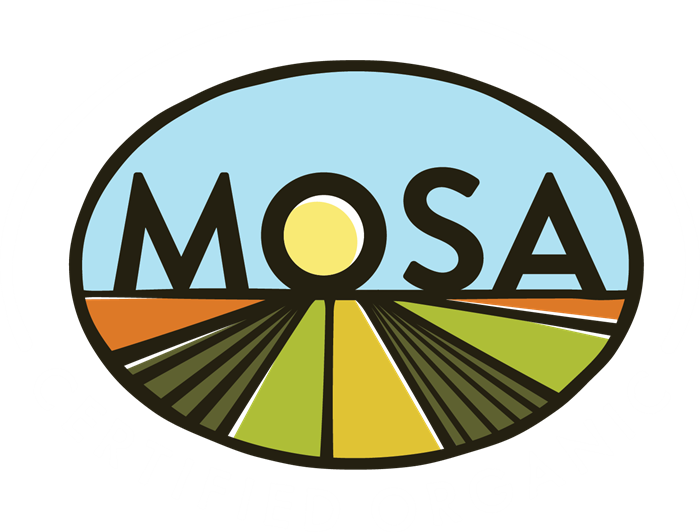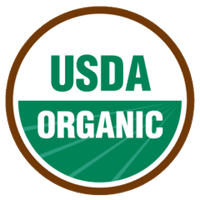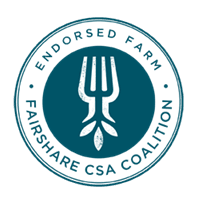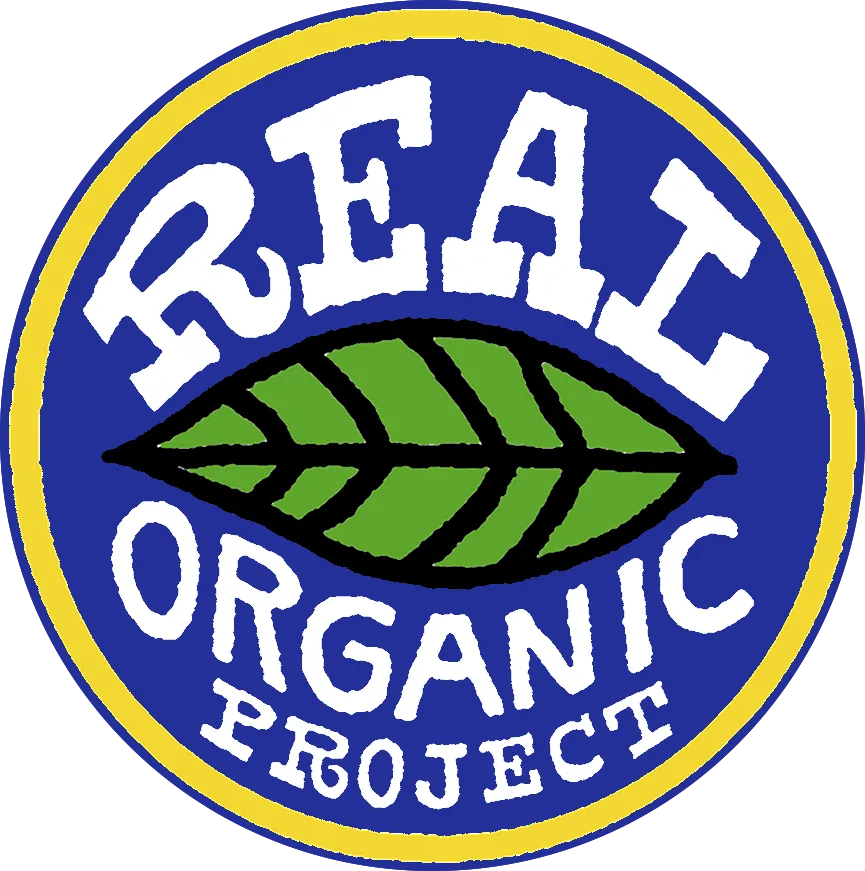Tomatoland Antithesis: Winter CSA ’11 – Delivery #1
An employee recently loaned me the book, Tomatoland, by Barry Estabrook. This book delves into the world of Florida’s off-season tomato industry.
It’s a grim book. Chronicling both the assault on the environment and labor upon which this Florida industry depends, it’s enough to make one swear off any off-season, non-local tomato. Neither the soil or the humid temperatures in Florida are ideal for growing tomatoes. After fumigating the soil with methyl bromide, one of the most toxic agricultural chemicals, an astonishing 19 herbicides & 60 pesticides can be used to control natural pests. If that’s not bad enough, the often illiterate, undocumented workers who prune, trellis, and harvest the tomatoes work with the plants while they are still wet with sprays, and sometimes are even sprayed directly by the tractor drivers. Worse yet, documented cases have shown that the Florida tomato trade is ground zero for modern-day slavery. Workers have been physically threatened, beaten, and restrained in efforts to keep them on the job.
Reading a book like this is important, but can also lead to a feeling of powerless. As much as I (or anyone reading it) would love to don a Superwoman cape and inspire the state of Florida to enforce the laws meant to protect workers and the environment, reality suggests that won’t be effective.
There’s another way to work against the grain of a problem like this, and that’s to provide an alternative in the marketplace. This alternative is a bit of a tango, in that in takes two parties to make it work. One partner grows, markets, and distributes local, organic, in-season produce. The other partner buys and eats it. Change is possible this way too!
As a winter CSA member, you are taking part of this tango towards a different agricultural vision. While the off-season tomato has its allure, you have joined us in making your kitchen match the seasons. While you and I can’t directly stop the circumstances depicted in Tomatoland, our eating choices can impact the marketplace, and thus, indirectly impact the Florida tomato industry.
So if you get your first box and think, €œWhat am I going to do with all these vegetables?€ first be proud that you are eating local. Next, check out this week’s recipes as well as our online recipe guide to get ideas!
Storage questions? See page page 3 of your handbook. Happy cooking!!
Sincerely, Mike, Cassie, & Zea
In the Box:
- Acorn squash
- Beauty Heart Radish (whitish, green on outside)
- Beets
- Bok Choi
- Brussels Sprouts
- Butternut Squash
- Cabbage, red
- Carrots
- Garlic
- Leeks
- Lettuce
- Onion, mixed
- Parsnip
- Potatoes, yellow
- Spinach
- Sweet Potato
This Week’s Recipes:
- Thai Cabbage Slaw with Carrot & Bok Choi
- Sweet Potato, Carrot, Apple Stew
- Moosewood Arabian Squash Casserole
- Red Cabbage Borscht (a delicious beet soup)
Winter Week 1: Wednesday, November 2nd
